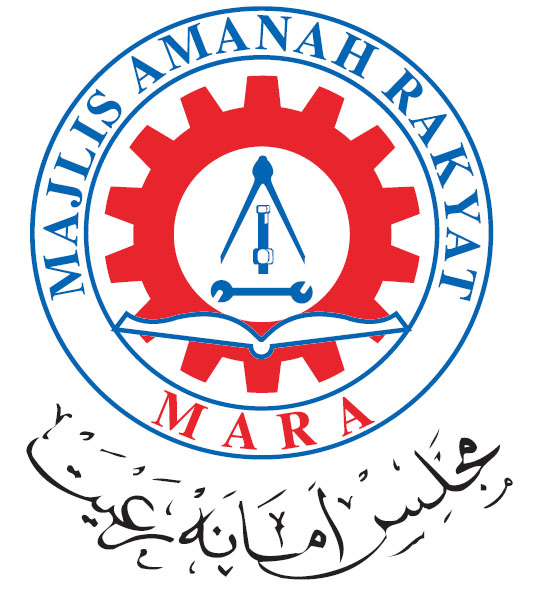Diploma in Engineering Technology (CNC Precision Technology)
JPT/BPP(K) 1000-600/B293 Jld.5(1)(R2/521/4/0232)(A 7164) 8/2022
Programme Brief
The students of the CNC (Computer Numerical Control) Precision Technology (CPT) programme are prepared on how to programme CNC machines for accuracy and precision. The computer software programmes will be used to design parts and create programmes used on CNC machines performing production runs and job set-ups in a manufacturing environment.
The students will be able to demonstrate an understanding of fundamental manufacturing methods, industrial processes and safe use of equipment as well as determine common programming codes and program format. Students gain real-world experience using actual full-size CNC machines to perform real production runs and job set-ups in the technologically-advanced era.
Graduates are prepared for employment in both large manufacturing corporations and small precision machining companies such as automotive, aviation, military defense, aerospace and other types of advanced manufacturing facilities . Graduates can continue their education in industrial technology, engineering or business programs leading to jobs in management.
Core Study Area
- Engineering Drawing
- CAD CAM 2 & 3 Axis
- CNC Milling & Turning Technology
- Electrical Discharge Machining Technology
Produce graduates who are :
PEO 1 : Able to demonstrate skills in industrial design practices particularly in areas related to consumer
products, transport and furniture design, thus contribute to local and global industry demands.
PEO 2 :Able to engage in lifelong learning and demonstrate good leadership quality through academic
qualifications achievement and career advancement.
PEO 3 :Responsible to the community, cultures and environment through involvement with related
organizations and society.
PEO 4: Able to communicate effectively and demonstrate entrepreneurial skills
At the end of this programme, students will be able to:
PLO 1 : Apply knowledge of mathematics, science, engineering fundamentals and engineering specialisation principles to well – defined practical procedures and practices.
PLO 2: Analyse well-defined engineering problems in their discipline or area of specialisation.
PLO 3 :Formulate solutions to well-defined technical problems.
PLO 4: Assist in formulation of systems, components or processes to meet specified needs.
PLO 5: Conduct investigations of well-defined problems .
PLO 6 :Apply appropriate techniques, resources and engineering tools to well-defined engineering activities, with an awareness of their limitation.
PLO 7: Demonstrate an awareness of and consideration for societal, health, safety, legal and cultural issues and their consequent responsibilities.
PLO 8: Communicate effectively with the engineering community and society at large.
PLO 9 Function effectively in a diverse technical team.
PLO 10: Demonstrate an understanding of professional ethics, responsibilities and norms of engineering technology practices.
PLO 11: Demonstrate an awareness of management, business practices and entrepreneurship.
PLO 12: Demonstrate an understanding of the impact of engineering practices, taking into account the need for sustainable development.
PLO 13 :Recognise the need for professional development and to engage in independent and lifelong learning.
Job Opportunities
- CNC Machinist
- CAM Programmer
- Production Executive
- Maintenance & Service Specialist







